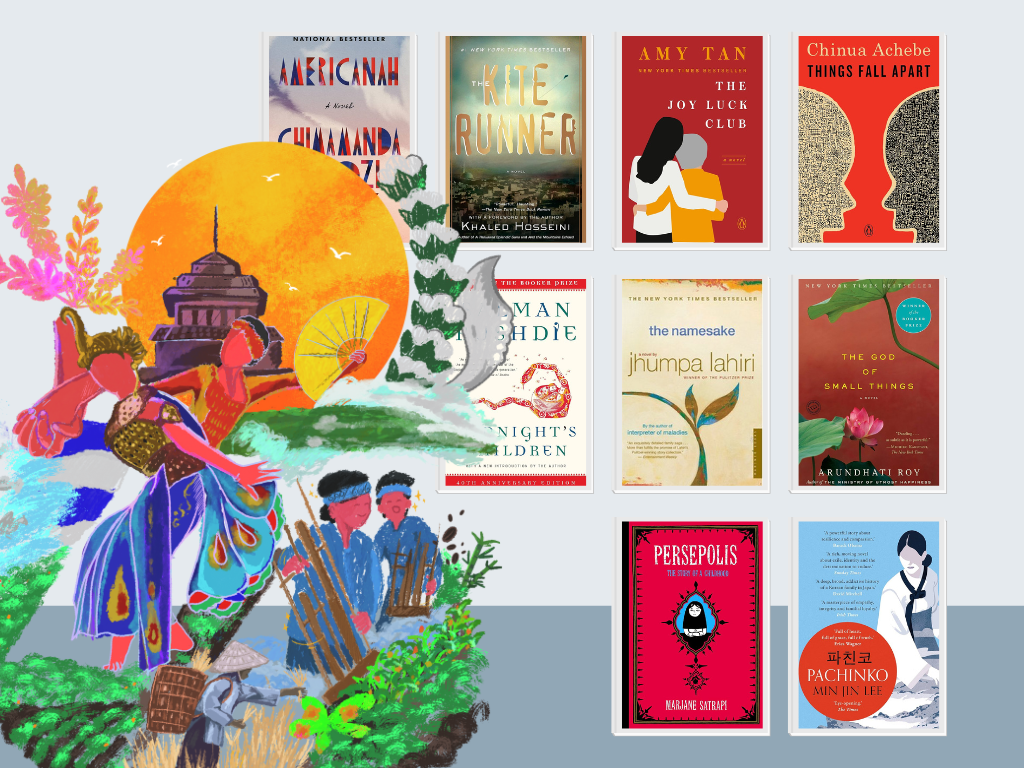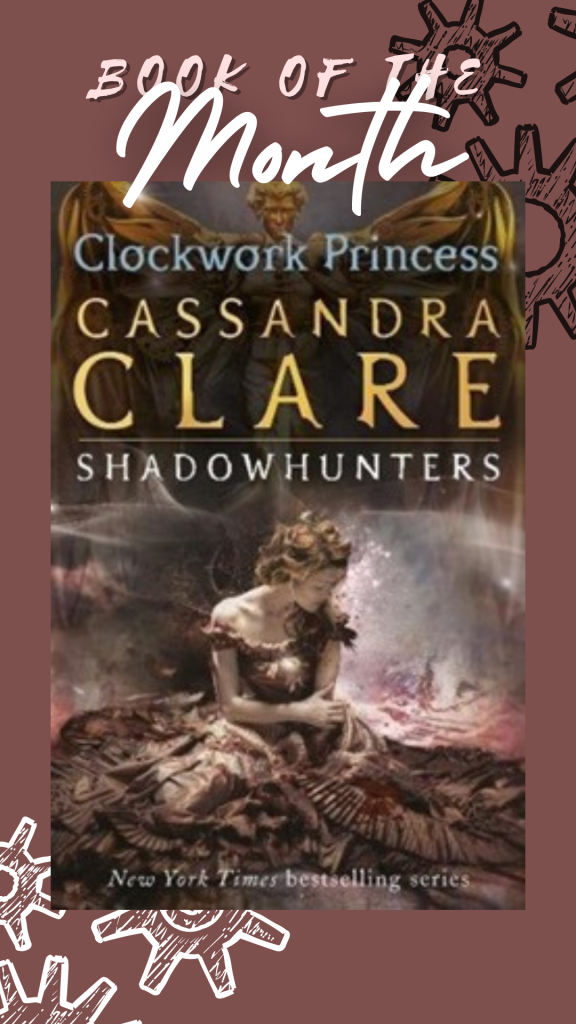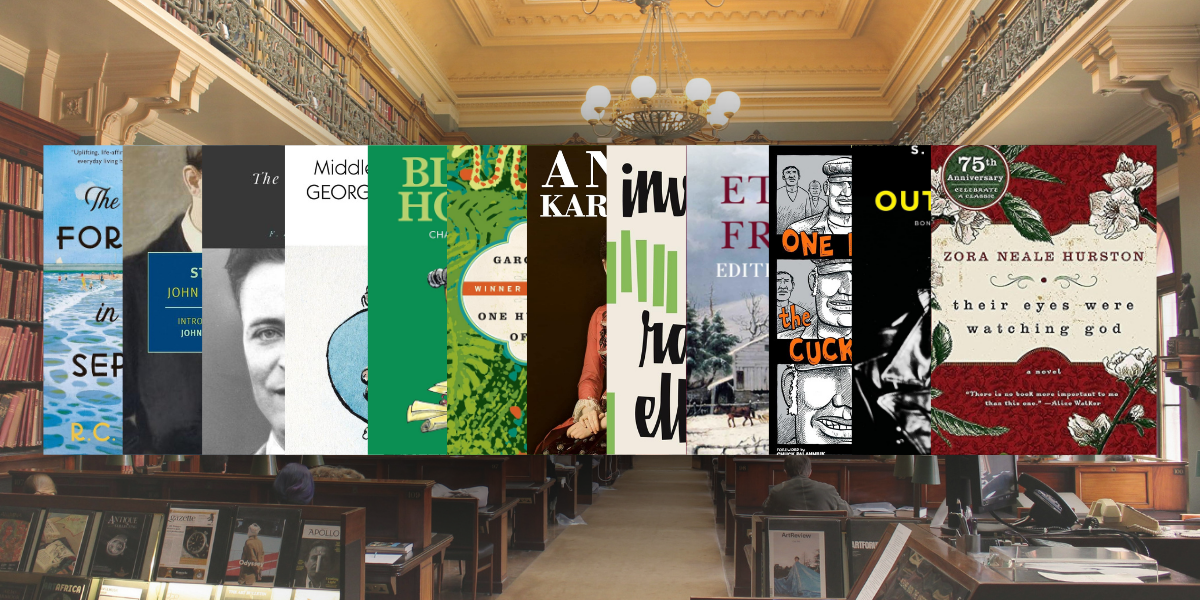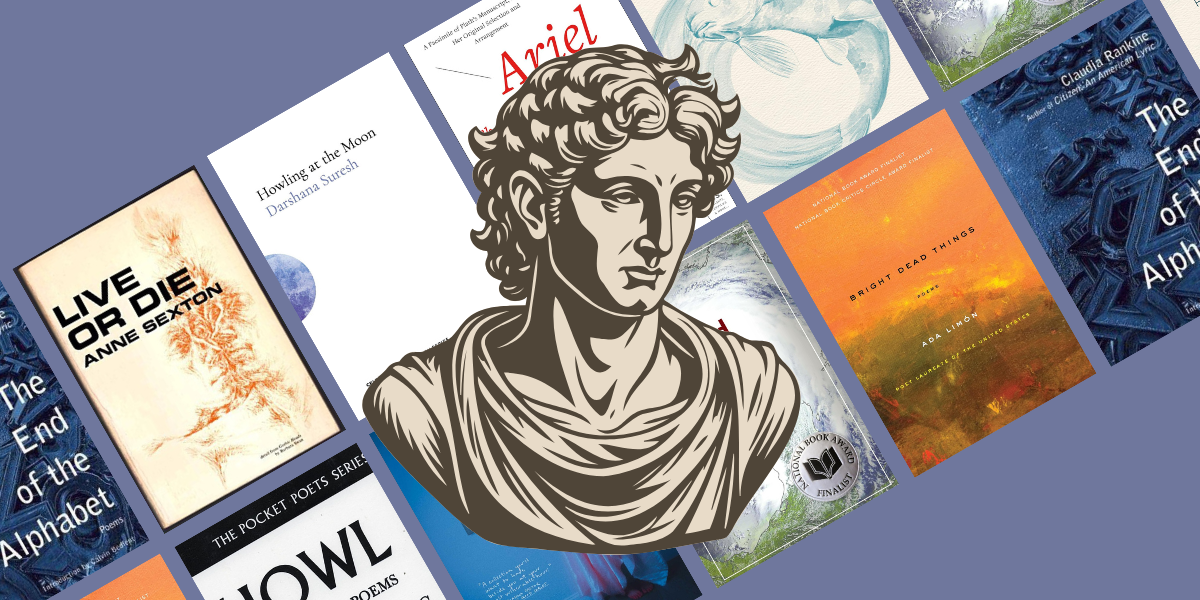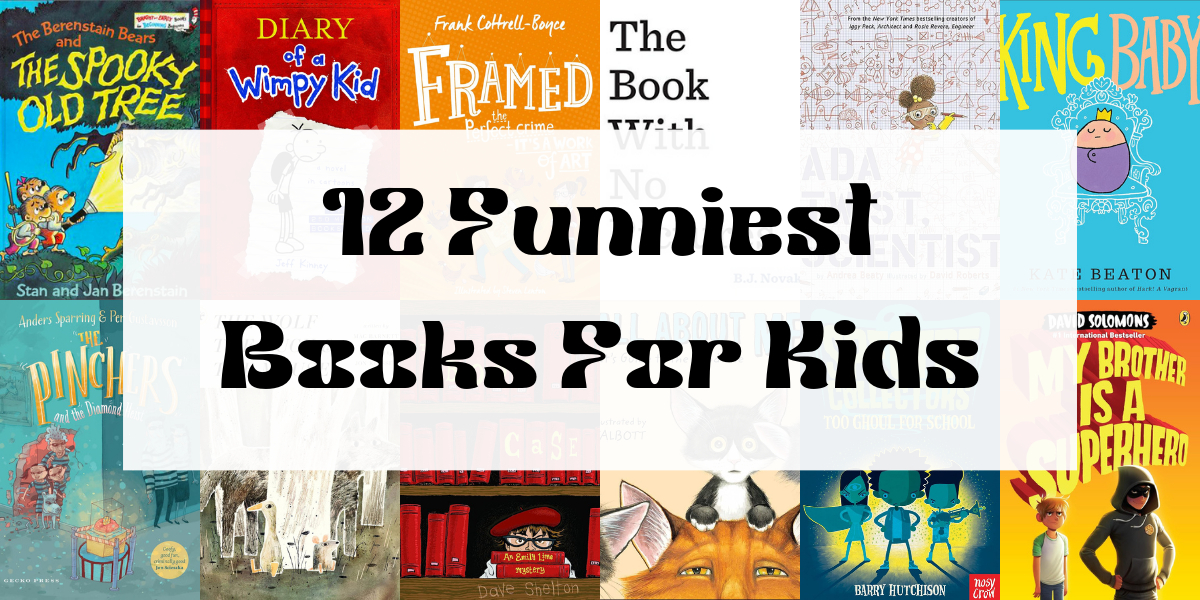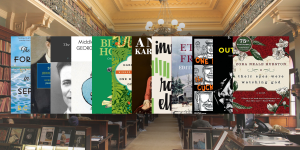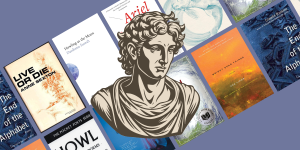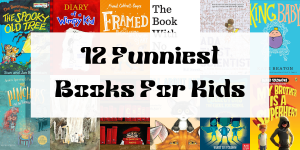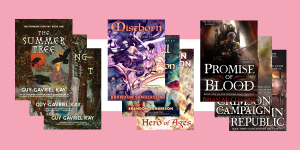Embarking on a literary journey that transcends borders and embraces diverse cultures can be a transformative experience. In a world where our differences define our richness, exploring culture through literature offers a passport to empathy, understanding, and enlightenment.
This curated list of nine captivating books opens doors to a tapestry of global perspectives, inviting you to walk in the shoes of individuals from varied backgrounds.
From tales woven in bustling cities to narratives echoing through serene landscapes, these stories celebrate the beauty of diversity and ignite curiosity about the world’s multifaceted tapestry. Prepare to immerse yourself in a symphony of cultures, each page revealing a new chapter of humanity’s shared narrative.
9 Best Books To Read When Exploring Culture
Dive into these captivating reads and traverse the world through diverse lenses with our top nine picks for cultural exploration.
1. Americanah by Chimamanda Ngozi Adichie
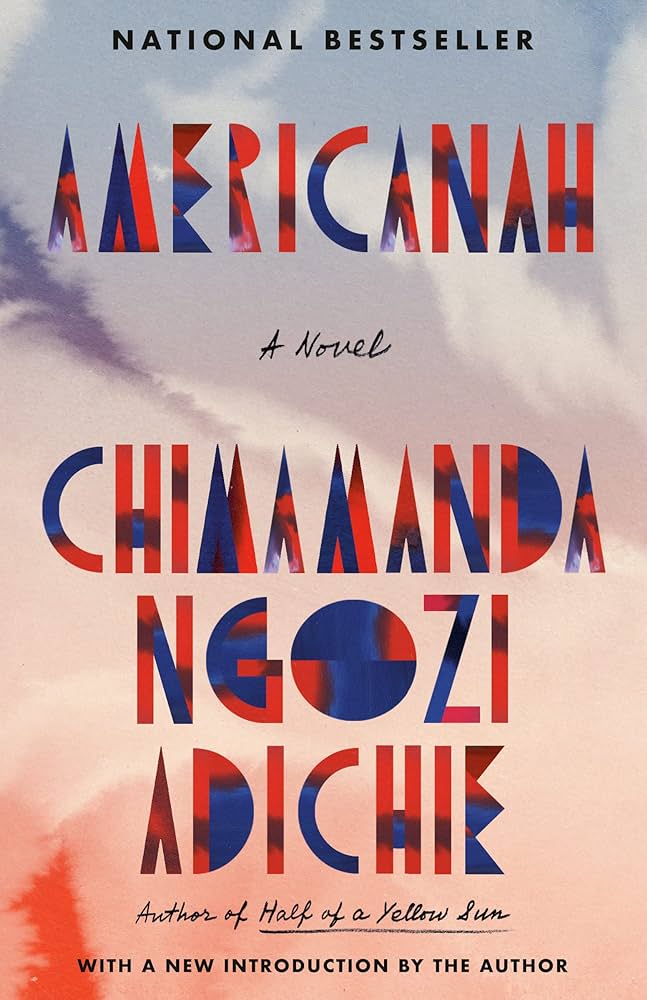
Americanah by Chimamanda Ngozi Adichie follows the story of Ifemelu, a young Nigerian woman who moves to the United States to pursue higher education. The novel traces Ifemelu’s experiences as an immigrant in America, navigating cultural differences, racial dynamics, and identity struggles. As she adjusts to life in the U.S., Ifemelu starts a popular blog where she candidly discusses race and culture, offering sharp insights into the complexities of being Black in America.
The book not only explores Ifemelu’s journey but also delves into the broader themes of immigration, race relations, and the idea of home. It provides a profound examination of cultural identity, shedding light on the immigrant experience, racial prejudices, and the challenges of assimilation.
“Americanah” is a must-read for those exploring culture as it offers a poignant and thought-provoking exploration of the immigrant experience, cultural identity, and the intersections of race and nationality. Through Ifemelu’s story, readers gain a deeper understanding of the complexities and nuances of navigating multiple cultural worlds and the impact of these experiences on personal identity.
2. The Kite Runner by Khaled Hosseini
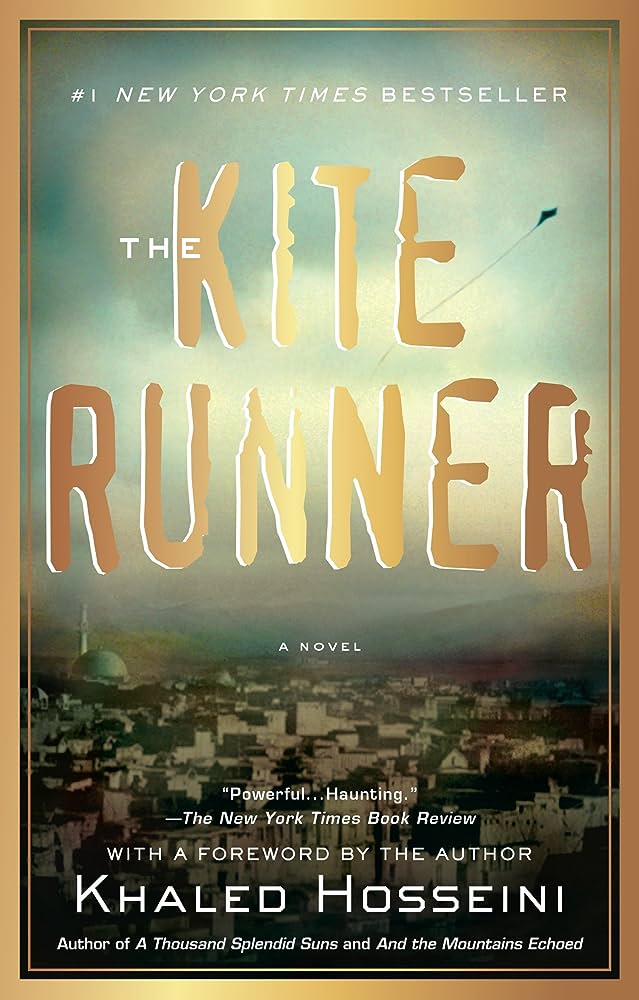
The Kite Runner by Khaled Hosseini is a powerful tale set against the backdrop of Afghanistan’s tumultuous history. The story revolves around Amir, a young boy from the privileged Pashtun community, and Hassan, his Hazara friend and servant. Their close bond is tested by jealousy, betrayal, and societal divisions.
The narrative follows Amir’s guilt-ridden journey, spanning across continents, as he seeks redemption for past wrongs committed against Hassan. It intricately weaves together themes of friendship, loyalty, betrayal, and the impact of historical events like the Soviet invasion and the rise of the Taliban on individual lives.
Reading “The Kite Runner” is invaluable when exploring culture as it provides a vivid portrayal of Afghan society, traditions, and the complex relationships within it. The book offers a window into the Afghan way of life, shedding light on the socio-cultural fabric, the impact of war, and the resilience of the human spirit amid adversity. It serves as a poignant reminder of the power of culture, the bonds of friendship, and the consequences of societal divisions in shaping individual destinies.
3. The Joy Luck Club by Amy Tan
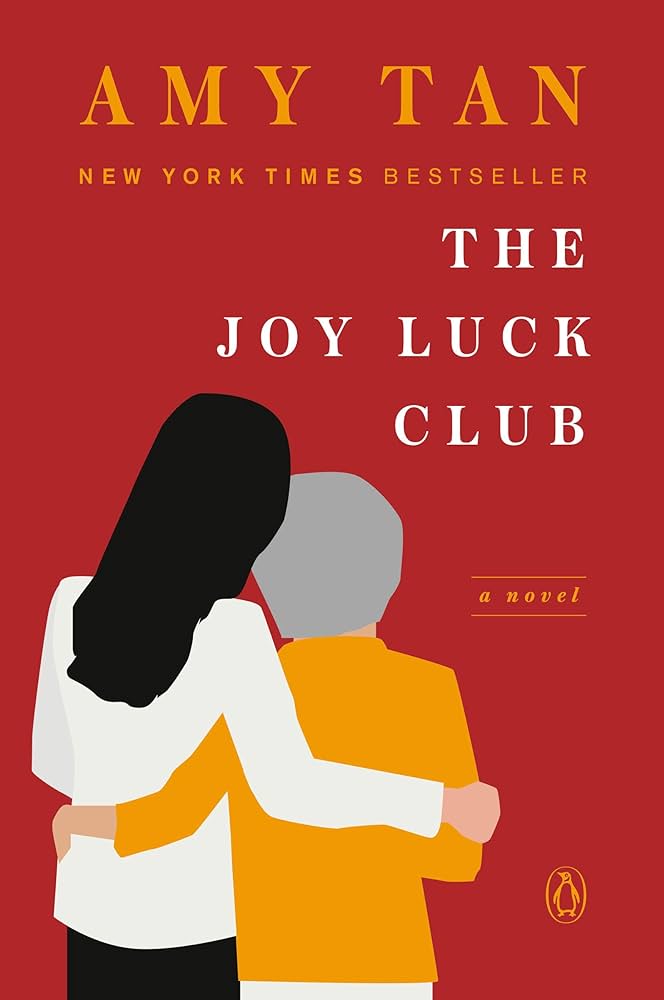
The Joy Luck Club by Amy Tan is a compelling novel that follows the lives of four Chinese immigrant families in San Francisco who form a club to play mahjong and share their stories. The book explores the relationships between immigrant mothers and their American-born daughters, delving into their struggles, and conflicts, and attempts to bridge generational and cultural gaps.
Through interconnected stories, Tan portrays the experiences of the Chinese immigrants and their descendants, highlighting the complexities of identity, assimilation, and the clash between traditional Chinese values and American culture. Each narrative reflects on themes of family, heritage, sacrifice, and the search for belonging in a new and different world.
Reading “The Joy Luck Club” is essential when exploring culture as it offers a profound insight into the Chinese-American experience. It vividly portrays the cultural nuances, traditions, and interplay between generations, allowing readers to understand the challenges of maintaining cultural heritage in a foreign land. The book beautifully captures the richness and struggles of Chinese immigrant families, providing a glimpse into the intricacies of cross-cultural dynamics and the complexities of familial relationships shaped by cultural differences.
4. Things Fall Apart by Chinua Achebe
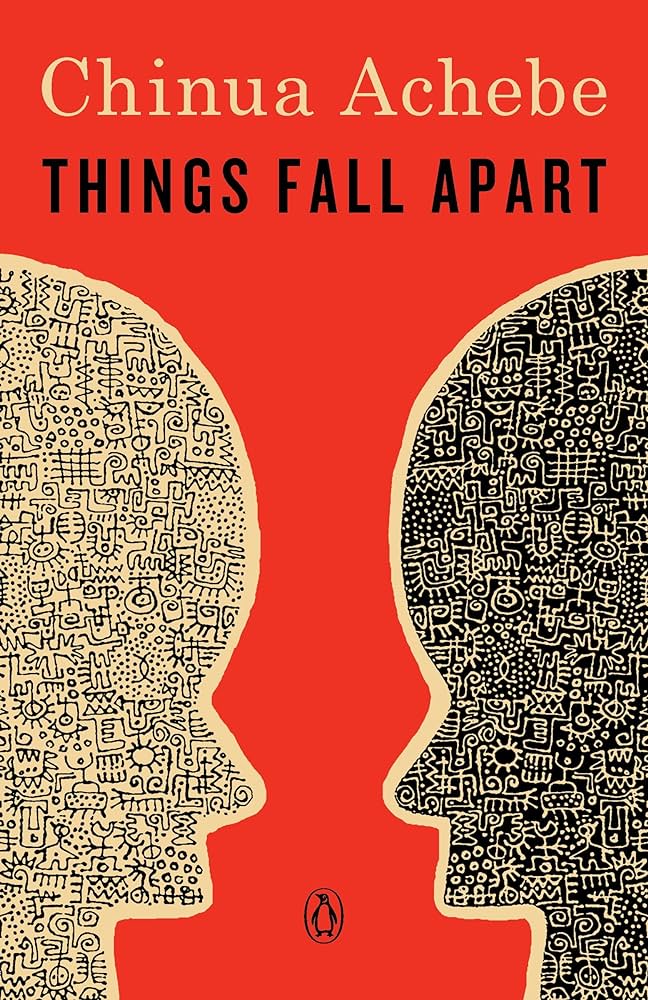
Things Fall Apart by Chinua Achebe is a classic novel that follows the life of Okonkwo, a respected warrior and leader of the Igbo community in Nigeria. Set during the late 19th century, the story portrays the impact of British colonialism on African traditional society and the resulting cultural clash.
Okonkwo embodies the values of his culture, striving to uphold its traditions and resisting change. However, as colonial forces encroach upon his land, disrupting the Igbo way of life, Okonkwo faces personal and cultural challenges that lead to his downfall.
Reading “Things Fall Apart” is crucial for cultural exploration as it offers a profound portrayal of pre-colonial African society and the effects of European colonization. Achebe skillfully depicts the richness of Igbo culture, traditions, and belief systems while exploring the complexities of cultural change and the clash between tradition and modernity. The novel provides valuable insights into the importance of cultural heritage, the consequences of cultural disruption, and the resilience of indigenous cultures in the face of external influences.
5. Midnight’s Children by Salman Rushdie
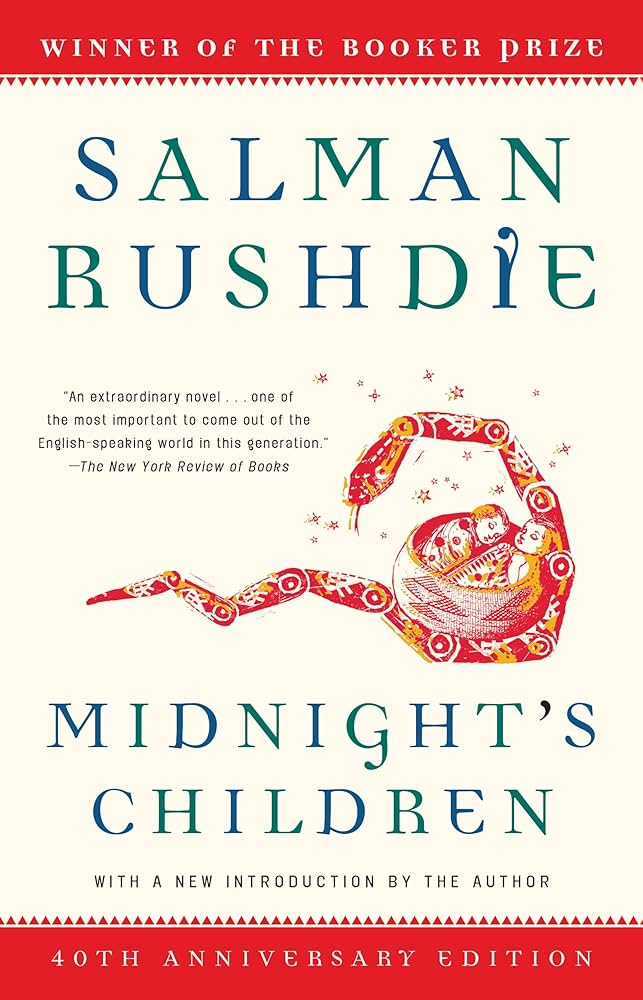
Midnight’s Children by Salman Rushdie is a sprawling, magical realist novel that chronicles the lives of individuals born at the exact moment of India’s independence from British rule on August 15, 1947. The protagonist, Saleem Sinai, is one of these “midnight’s children” endowed with special powers and a telepathic connection to others born in that hour.
Through Saleem’s life, Rushdie weaves a narrative that mirrors India’s post-colonial history. The novel encompasses significant political events, including the partition of India and Pakistan, and captures the country’s socio-political landscape, blending magical elements with historical realities.
Reading “Midnight’s Children” is essential for exploring culture as it offers a vivid portrayal of India’s tumultuous journey from colonialism to independence. Rushdie’s intricate storytelling skillfully intertwines Indian history, culture, and mythology, providing a deep understanding of the nation’s complexities, diverse identities, and the lingering impact of colonialism. The novel serves as a rich tapestry of India’s cultural and political evolution, offering readers a multifaceted exploration of the country’s heritage and societal transformations.
6. The Namesake by Jhumpa Lahiri
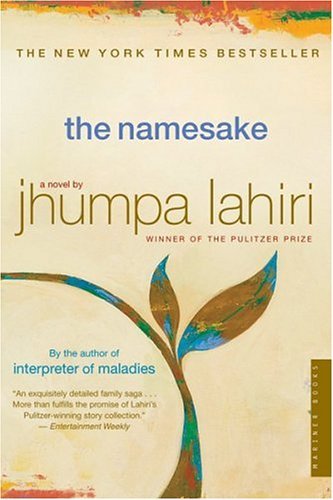
The Namesake by Jhumpa Lahiri follows the life of Gogol Ganguli, the American-born son of Indian immigrants Ashoke and Ashima. Named after the Russian author Nikolai Gogol due to a twist of fate, Gogol navigates the complexities of his dual identity as he grapples with his Bengali heritage and American upbringing.
The novel traces Gogol’s journey from childhood to adulthood, exploring themes of identity, cultural assimilation, family ties, and the clash between traditional values and modern American life. As Gogol matures, he navigates relationships, career aspirations, and a search for belonging while reconciling the duality of his cultural identity.
Reading “The Namesake” is essential for cultural exploration as it beautifully captures the immigrant experience and the nuances of cultural adaptation. Lahiri’s poignant storytelling delves into the challenges and emotional conflicts faced by individuals straddling multiple cultural worlds. The book provides a profound insight into the complexities of cultural identity, immigrant struggles, and the impact of heritage on shaping one’s sense of self. It’s a compelling narrative that resonates with anyone exploring the intricacies of cultural assimilation and the quest for personal and cultural belonging.
7. The God of Small Things by Arundhati Roy
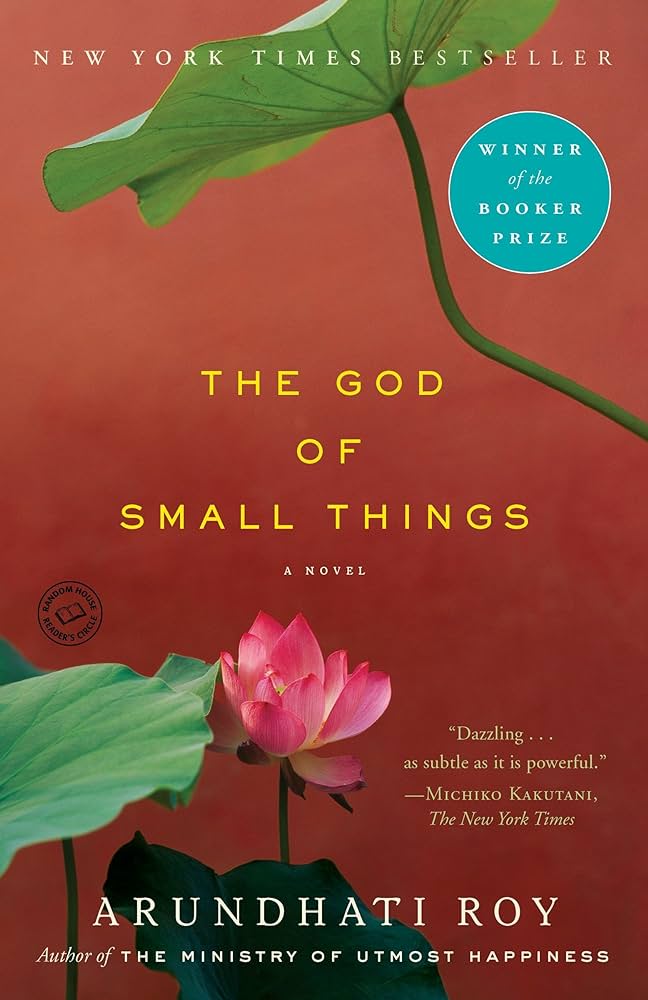
The God of Small Things by Arundhati Roy is a powerful novel set in Kerala, India, that follows the lives of fraternal twins Estha and Rahel. The story moves between different periods, weaving together past and present, and centres on a tragic event from their childhood that profoundly impacts their lives.
The narrative explores themes of love, family, social hierarchy, and the rigid caste system in India. It delves into the intricate relationships between individuals from different social classes and the societal norms that restrict personal freedoms. Through lush and poetic prose, Roy intricately unveils the complexities of a society steeped in traditions and secrets, while also capturing the beauty and darkness of human emotions.
Reading “The God of Small Things” is crucial for exploring culture as it offers a vivid portrayal of Kerala’s cultural landscape, its customs, and social dynamics. Roy’s evocative storytelling sheds light on the complexities of Indian society, addressing issues of class, caste, and the constraints imposed by societal norms. The book provides a deep understanding of the cultural intricacies and societal complexities prevalent in India, making it an immersive exploration of the country’s cultural fabric and human relationships.
8. Persepolis by Marjane Satrapi
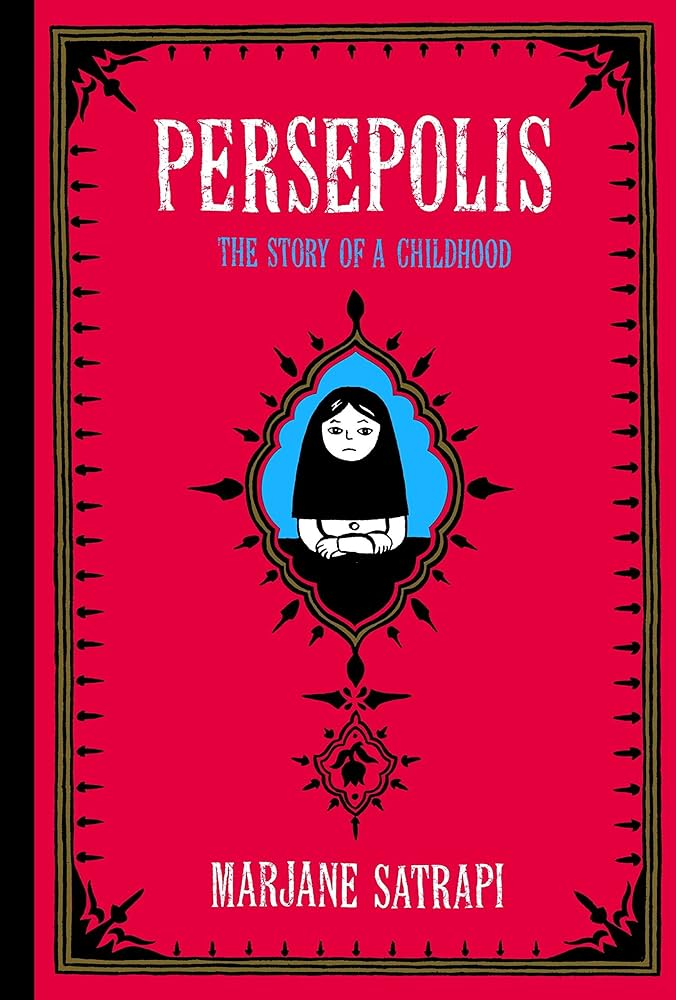
Persepolis by Marjane Satrapi is a graphic memoir that recounts the author’s childhood and adolescence in Iran during and after the Islamic Revolution. The book offers a compelling narrative that depicts Satrapi’s experiences growing up in a changing and tumultuous political landscape.
Through powerful black-and-white illustrations, Satrapi portrays her journey, providing insight into the impact of the revolution on her family, the restrictions imposed by the new regime, and her struggles with identity and freedom of expression. The memoir captures both the universal aspects of adolescence and the specific challenges faced by individuals living under a repressive regime.
Reading “Persepolis” is invaluable for cultural exploration as it offers a firsthand account of life in Iran amid significant political and social upheaval. Satrapi’s unique storytelling and artistry provide a window into Iranian culture, traditions, and the lived experiences of its people during a transformative period. The book encourages a deeper understanding of the complexities of Iranian society, the resilience of its people, and the impact of political turmoil on individual lives. It’s an immersive exploration of culture, politics, and personal resilience, offering readers a poignant glimpse into a world often misrepresented in mainstream media.
9. Pachinko by Min Jin Lee
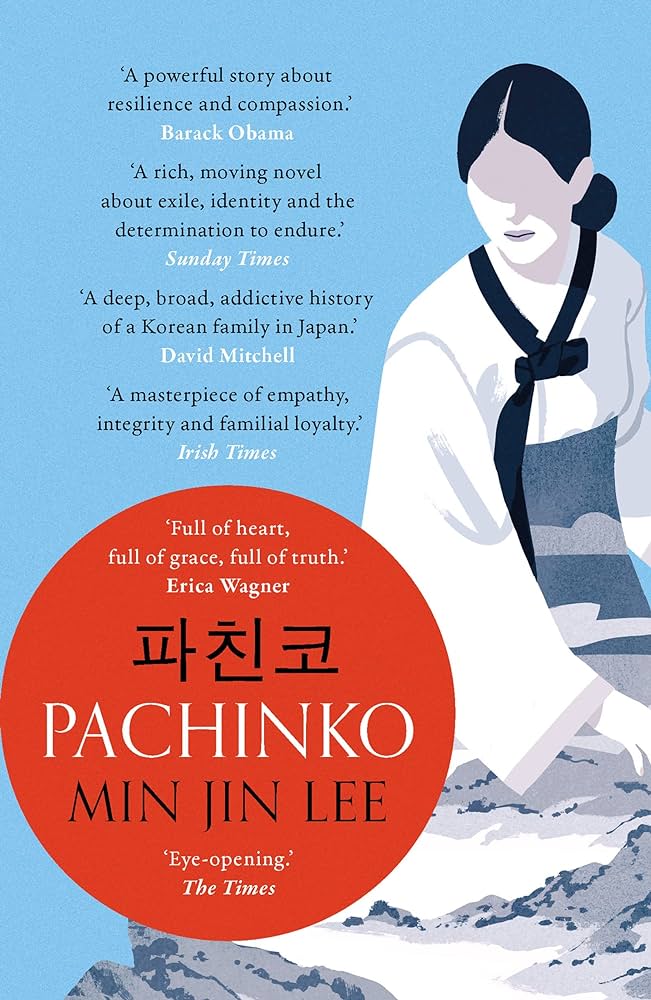
Pachinko by Min Jin Lee is a multigenerational epic that follows the lives of a Korean family living in Japan from the early 20th century to the late 1980s. The story begins with Sunja, a young Korean woman, who falls pregnant out of wedlock and marries a minister to escape social stigma. The narrative traces the family’s struggles, sacrifices, and triumphs as they navigate discrimination, poverty, and the challenges of being ethnic Koreans in Japan.
Set against the backdrop of historical events like the Japanese occupation of Korea and World War II, “Pachinko” explores themes of identity, family, resilience, and the pursuit of a better life. It portrays the complexities of cultural identity, the impact of societal norms, and the endurance of the human spirit in the face of adversity.
Reading “Pachinko” is essential for cultural exploration as it provides a poignant depiction of the Korean diaspora in Japan, shedding light on the discrimination and hardships faced by marginalized communities. Min Jin Lee’s vivid storytelling offers a deep understanding of the cultural clashes, prejudices, and the struggle for acceptance and belonging experienced by immigrants. The book is an immersive journey into the intricacies of cultural identity, the bonds of family, and the pursuit of dignity in the face of societal challenges. It’s a compelling narrative that invites readers to explore the complexities of cultural assimilation and the resilience of individuals striving for a better life despite societal barriers.
READ MORE: What Are The 10 Best Underrated Books To Read When You’re Bored?

